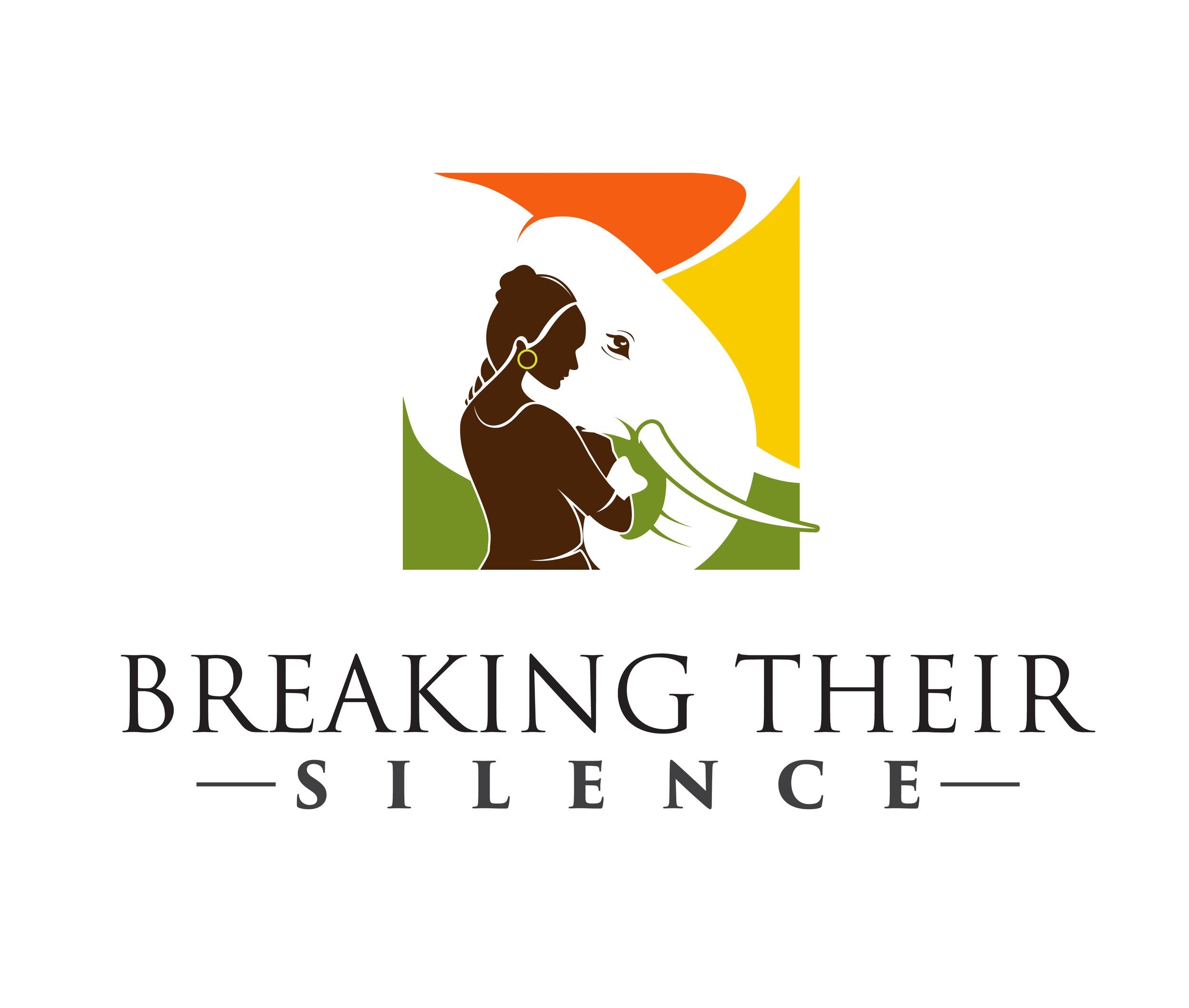SIMPLE WAYS YOU CAN HELP
“Breaking Their Silence: Women on the Frontline of the Poaching War” has affected audiences around the world in many ways. Additional funding for their work and awareness of their many vital causes, being the most impactful. Through Over And Above Africa, we continue to raise funds for many of the organizations connected to the women and men we filmed.
The #1 question we are always asked is; “How can I help prevent the loss of more endangered species”
The good news is that there are many ways to get involved. Below, we have created direct links to organizations we endorse as well as those featured in our film. Over and Above Africa creates mini docs of the projects funded. You can see some of them here
“Our innovative public foundation, Over and Above Africa, connects you to the people, initiatives and organizations on the ground in Africa that are effectively tackling the poaching crisis and the human/animal conflict. We partner with the local communities to empower their work in preventing the extinction of endangered wildlife”
WAYS TO HELP ENDANGERED WILDLIFE
1) Phone and or write to your elected officials. Ask them to support wildlife conservation efforts and invoke stronger laws to protect wildlife from exploitation by your country. Tell them you want to be a part of the movement that bans the sale and distribution of ivory, rhino horn and endangered species animal parts across our borders. MORE INFO HERE AS VERMONT GOES THROUGH THIS TO BECOME 11th STATE! When voting for candidates, for whichever party, vote for the candidates who include protecting the environment and our wildlife as part of their platforms.
2) Write to local tourist boards in Africa and Asia requesting stronger laws in their tourism to protect elephants, big game cats, petting opportunities etc. When you go on safari, research if that safari resort supports hunting of endangered species on their land.
3) Research WHERE your funds go when you donate. Any non profit or publicly traded company are required to tell you in full disclosure and transparency what percentage goes to the cause you care about and what goes to admin and marketing. Call and ASK them, or visit websites like Guidestar. You’ll be surprised by what you learn!
4) Be an ambassador for wildlife in your social media. Find a few accounts you like that you know to be legitimate and amplify their social media posts to your community.
5) Boycott products from Asia, specially China - China is one of the worst perpetrators of wildlife crime. This is extreme and hard to do as so much is imported from China. But it IS possible when you understand what’s at risk.
6) Share what you’ve learned in appropriate conversations with your families, friends, colleagues and communities. Bring up wildlife protection at the family dinner table and discuss ways you can come together as a family unit to exercise your voice and protect our wildlife.
7) Volunteer for organizations documented in “Breaking their Silence” or on “Over and Above Africa” and experience the majesty of Africa for yourselves.
8) Let others know that profits from wildlife crime fund global terrorism. This way, if your friends aren’t particularly warm and fuzzy about wildlife - they will understand that it STILL impacts their lives.
9) Talk about the ecological effects of not having elephants, rhino, lions and other keystone animals in our ecosystem. They are crucial to the wellbeing of humans. We have to learn to share our planet with them.
10) Request a screening of Breaking Their Silence: Women on the Frontline of the Poaching War in your town - can you fill a theatre with an interested audience? Contact us and let’s discuss ways to work together and further the message: Kerry@OverAndAboveAfrica.com
Wildlife Organizations We Endorse!
(In alphabetical order)
We seek the most effective initiatives and RESPECTED organizations in Africa, doing CRITICAL work protecting our wildlife.












